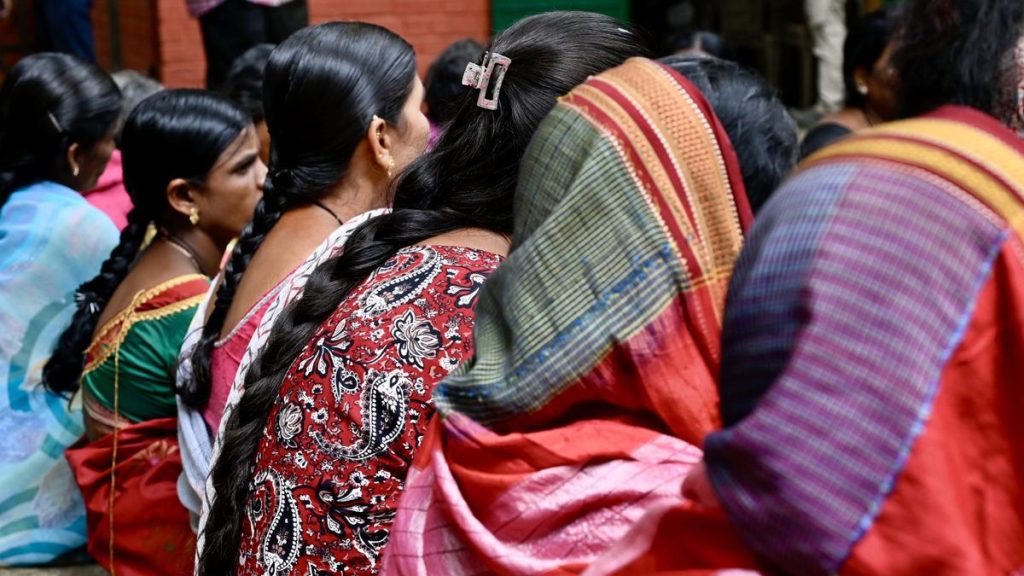Now Reading: India Hosts WHO Workshop on Herbal Medicine Regulations from August 6
-
01
India Hosts WHO Workshop on Herbal Medicine Regulations from August 6
India Hosts WHO Workshop on Herbal Medicine Regulations from August 6
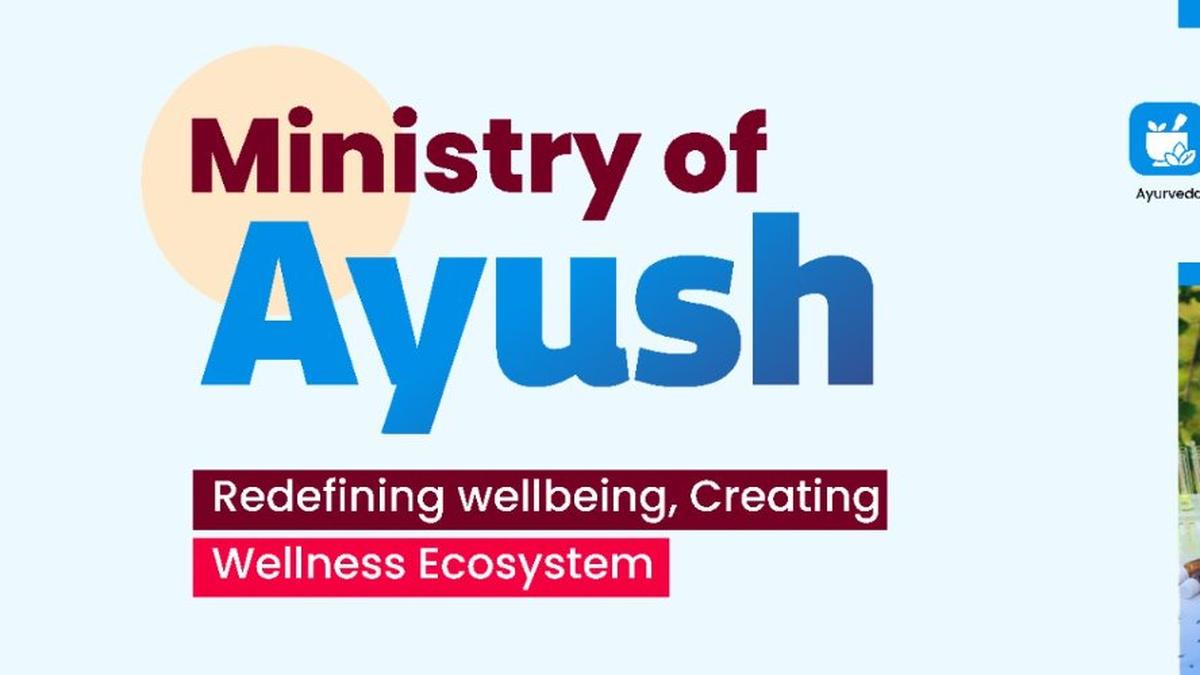
Speedy Summary:
- Event: India will host the WHO-International Regulatory Cooperation for Herbal Medicines (IRCH) workshop from August 6 to 8, 2025.
- Organizer: Managed by the Ministry of Ayush in collaboration with WHO and supported by the Pharmacopoeia Commission for Indian Medicine & Homoeopathy (PCIM&H).
- Purpose: Strengthen global capacity in regulating herbal medicines and enhance collaboration, safety mechanisms, efficacy evaluation, regulatory convergence, and promote customary medicine systems globally.
- Key activities:
– Review of WHO-IRCH working groups on safety, regulation, effectiveness, and intended use of herbal medicines.
– Hands-on training at PCIM&H labs using HPTLC technology for drug identification and analysis.
– Introduction to Ayush Suraksha (Pharmacovigilance) program addressing traditional medicine safety monitoring.
- Focus topics: Sessions on pre-clinical research focused discussions including Ashwagandha; case studies involving heavy metal analysis in herbs; regulatory framework reviews.
- Exposure Visits: Delegates will visit key Indian health institutions such as PCIM&H Ghaziabad, National Institute of unani Medicine Ghaziabad (NIUM), All India Institute of Ayurveda New Delhi (AIIA).
- Global Participation: Experts and regulatory authorities from various countries are expected to attend.
Indian Opinion Analysis:
The hosting of this workshop signifies India’s proactive role in establishing global cooperation around herbal medicine regulation-a critical area given its increasing usage worldwide. By fostering technical exchanges between nations while showcasing its integrative health ecosystem through institutional visits, India is positioning itself as a leader in the field. The focus on tools such as the ayush Suraksha programme highlights a necessary emphasis on pharmacovigilance amid rising concerns over authenticity and safety standards associated with herbal products.
Globally harmonizing traditional medicine standards might also address existing gaps between conventional pharmaceutical regulations versus those governing natural remedies. With key topics like Ashwagandha under review-a herb deeply rooted in India’s Ayurvedic traditions-the initiative could bring evidence-based validation to practices long ingrained into public consciousness.
Though neutral balancing ensuring modern clinical demands reconcile whilst giving non-partisan strengthening Usability taking legislative/ healthcare wide dynamics remains impactful Looking ahead productive inter applicability amidst sectors can surface globally vital player mainstream viable position .
Read More Link:


